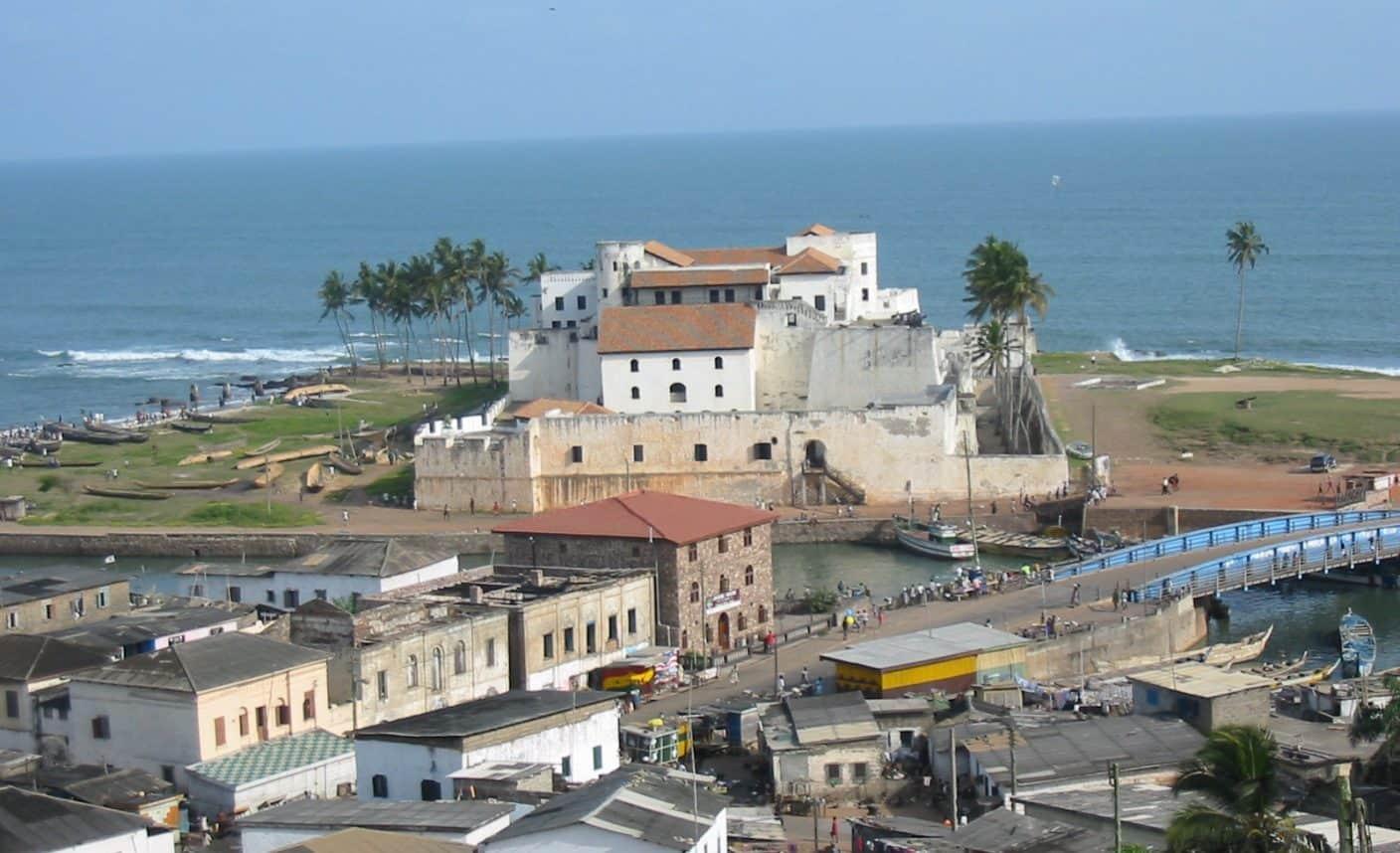Unveiling the Intricacies of GhanaS Political Landscape
Table of Contents
Keywords:
Ghana politics
Electoral system
Political parties
parliament
Executive branch
Judiciary
Introduction
Ghana, a vibrant nation in West Africa, boasts a rich political tapestry that has evolved over decades of independence. Understanding the intricacies of its political landscape is crucial for comprehending the country’s present and shaping its future. This article delves into the electoral system, political parties, Parliament, executive branch, judiciary, and emerging political trends.
Electoral System
Ghana adheres too a multiparty democratic framework with regular elections held every four years. The country employs a first-past-the-post system,where candidates with the most votes in each constituency secure parliamentary seats. The presidential candidate who wins the popular vote becomes the president.
Political Parties
Ghana’s political scene is dominated by two major parties:
- National Democratic Congress (NDC): A center-left party that emphasizes social welfare and economic equality.
- New Patriotic Party (NPP): A center-right party that advocates for market liberalization and economic development.
Parliament
Ghana’s Parliament is a unicameral legislature with 275 elected members. It exercises legislative power and oversees the activities of the executive branch. The Speaker of Parliament presides over the house, while the Majority and Minority Leaders represent the government and opposition, respectively.
Executive Branch
The President is the head of state and commander-in-chief of the armed forces. The Office of the President is responsible for implementing and executing government policies.The Vice President supports the President and assumes the presidency in case of vacancies.
Judiciary
Ghana’s judiciary is independent from the other branches of government. It consists of three levels:
- Supreme Court: The highest court in the land, which has original, appellate, and advisory jurisdictions.
- Court of Appeal: The intermediate appellate court.
- Lower Courts: Deal with cases at the local level, including district courts and circuit courts.
Emerging Political Trends
In recent years, Ghana’s political landscape has witnessed several emerging trends:
- Third Force Movement: The rise of smaller political parties challenging the dominance of the NPP and NDC.
- Youth Engagement: Increased participation of young peopel in politics and activism.
- social Media Influence: The growing impact of social media in shaping political discourse and mobilization.
Conclusion
Ghana’s political landscape is a complex mosaic of institutions, processes, and trends. Understanding its intricacies is essential for navigating the country’s political dynamics. The electoral system, political parties, Parliament, executive branch, and judiciary all play vital roles in shaping the governance and direction of the nation.Emerging political trends reflect the evolving nature of Ghana’s democracy, with the potential to transform the political landscape in the years to come.

